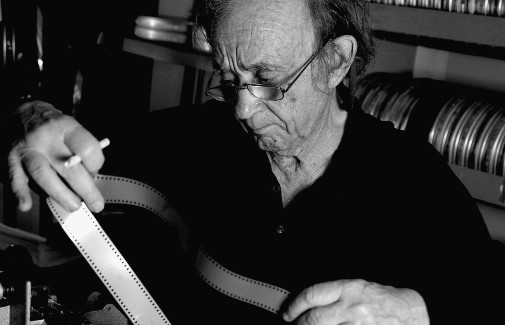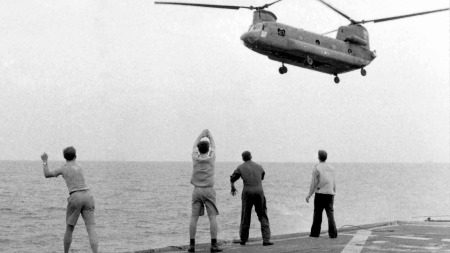Venice at Home – Day 3: From Galleries to Gangsters
 Saturday, September 3, 2022 at 10:01AM
Saturday, September 3, 2022 at 10:01AM 
Day 3 at the Venice Film festival finds a nonfiction master dipping his foot into the murky waters of fictionalized narrative. Frederick Wiseman's A Couple purports to dramatize the correspondence between Leo Tolstoy and his wife, starring Nathalie Boutefeu, working from a script made from documented letters. Elsewhere in the official competition, Luca Guadagnino helms Bones & All, a cannibal romance starring Timothée Chalamet and Taylor Russell. Finally, Romain Gavras brings Athena to the festivities, working alongside Ladj Ly, who co-wrote the film.
As we wait for these movies to become more readily available, let's consider their directors' previous works, including an ode to museums, a fashionable short, and a Scarface revision…



